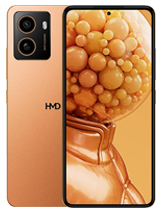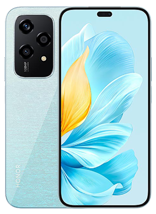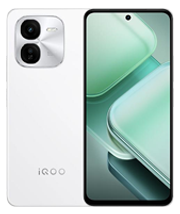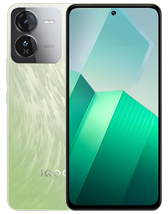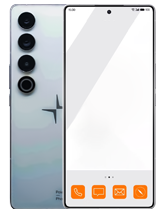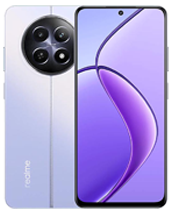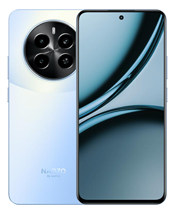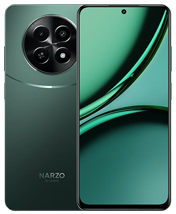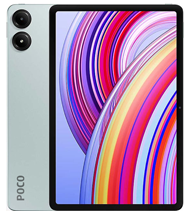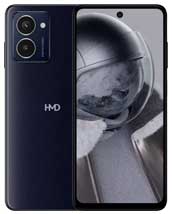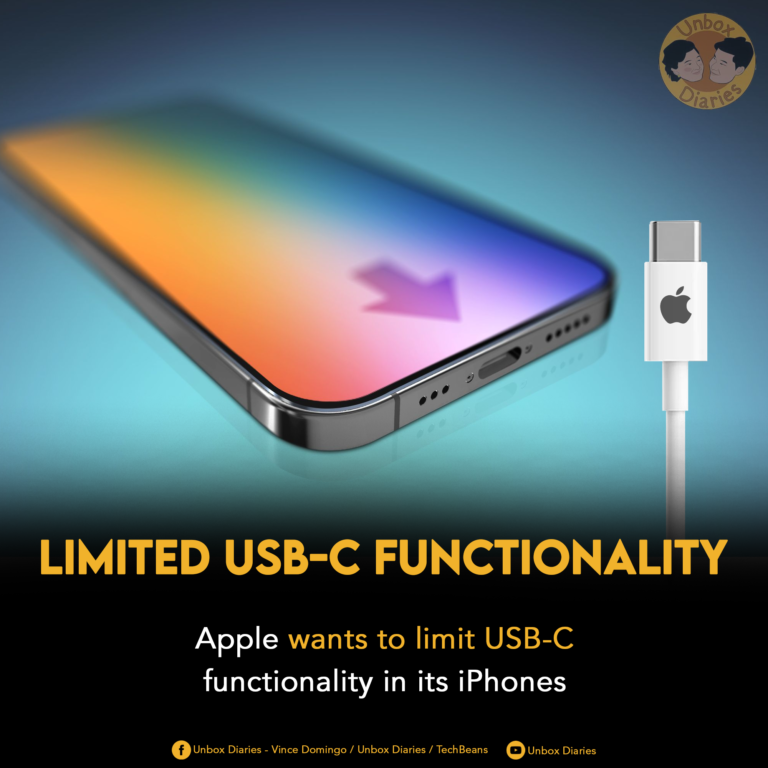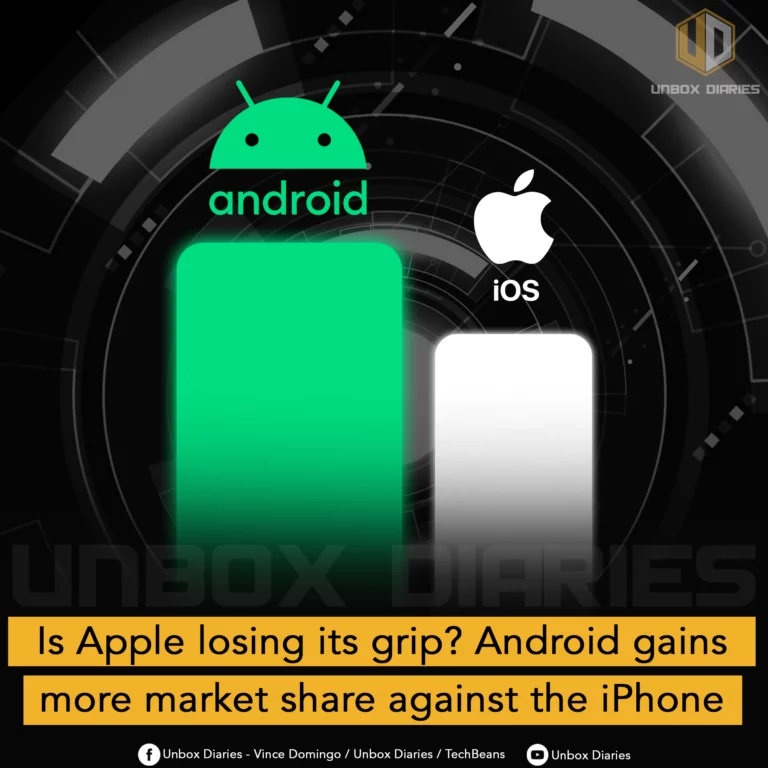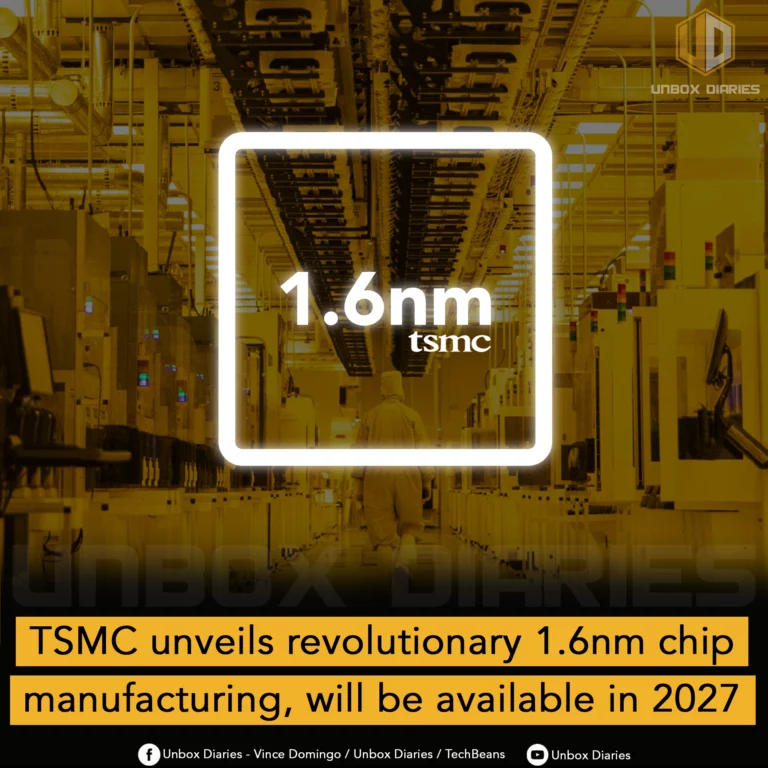A recent rumor from China claims that Apple intends to use a unique integrated circuit (IC) interface for the port, enabling it to verify the components used in the connection

Apple is compelled to use the USB-C connector for its iPhones as of this year due to new EU laws that will go into effect the next year. However, there appears to be a twist, as with Apple frequently.
If you use anything that is not produced by Apple and is not also a part of its profitable “Made for iPhone” licensing scheme, you will receive alerts that “This item is not supported” by the Lightning interface.
It’s also important to note that none of Apple’s mobile products that already support USB-C come with a feature like this.
The functionality of non-Apple, non-MFi accessories may not be significantly affected by the insertion of the custom IC chip, but it’s likely that some functionalities, such as quick charging and high-speed data transfer, may be restricted on non-“authentic” accessories. It’s unlikely that they would just stop working since the EU would likely step in because doing so would defeat the entire purpose of mandating USB-C as a universal interface.
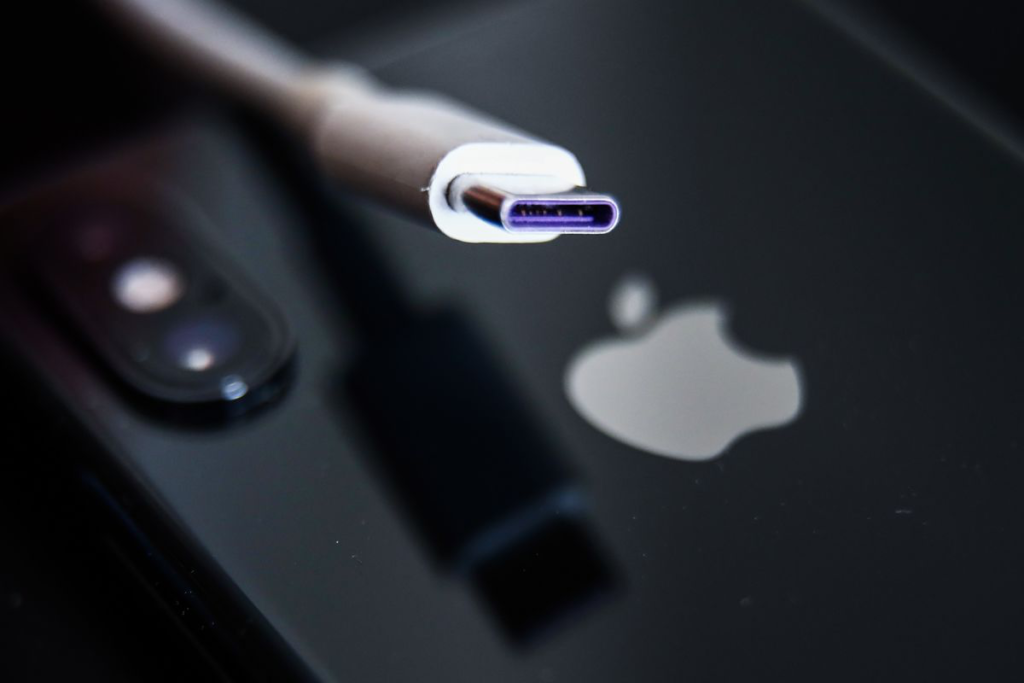
According to earlier claims about the USB-C constraints on iPhones, only the Pro versions would receive high data and charging rates, while the regular models will only receive USB 2.0 speeds, which are the same as Lightning’s.

